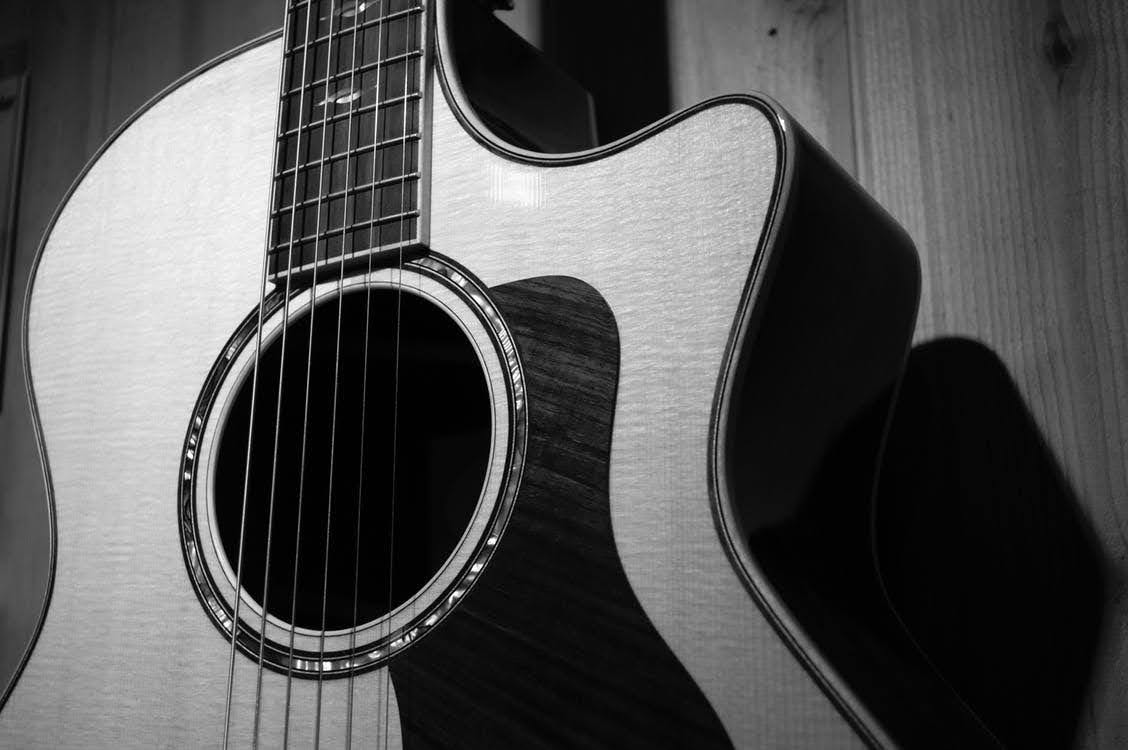8 Items That Should Be Kept in Climate-Controlled Storage
Do you need to store items for a significant period of time? If so, you have two choices: standard storage facilities and climate-controlled storage. Climate-controlled storage may be harder to come by or even cost a little more than regular storage. So, when should you make sure you opt for this type of facility? Discover a few of the items that should generally be kept in the more controlled environment and why.
1. Wood Furnishings
Wood is more sensitive to changes in temperature and humidity than most people realize. Woods expand in the heat and contract in extreme cold. This may not be excessively visible at first, but it will often damage the joints and connections in furniture. If left in this situation for a long time, eventually, the pieces will not fit together well, which may affect their appearance.
2. Musical Instruments
Do you plan to store any musical instruments and related accessories? If so, they may call for special handling — particularly if these represent a serious financial investment. Musical instruments have their own inner workings that can receive damage from heat, freezing, or humid conditions.
Piano and guitar strings, for example, are very finely tuned and will be warped by changing temperatures. Moisture can deteriorate finger pads or wood reeds, and the connecting joints of instruments may become warped.
3. Fabric Materials
Fabrics are particularly sensitive to moisture and humidity, which may or may not be an issue in storage. Changes in heat and humidity can contribute to moisture building up on things like upholstered furniture, rugs, or artwork. Once damaged by even a small amount of moisture, most fabrics can never return to their pre-damage state. Some storage methods, such as garment bags, may make humidity a bigger problem.
4. Wine and Liquids
Few people think much about the liquids they may put into storage. While you focus primarily on preventing the liquid from escaping, tipping, or overflowing, have you considered how it will respond to different temperatures?
For instance, Midwestern winters with extended freezing temperatures may turn liquids into ice or at least start to crystallize them. This could permanently alter the liquid even when it thaws out. And some potentially flammable liquids react to high heat — possibly even resulting in spontaneous combustion in the right circumstances.
Wine is probably the most sensitive liquid many homeowners store. The quality of the wine and its protective seals will degrade when exposed to both high and low temperatures. Expensive or irreplaceable wines, therefore, should always be placed in the most careful storage.
5. Books and Paper
Generally, do not leave old books, stamps, or rare documents in uncontrolled temperatures — at home or in a storage unit. These are some of the most sensitive materials that moisture and heat can affect — eventually discoloring, curling, or sticking. If you have paper that has protective special packaging, this is an indicator that you should match that to climate control in the overall storage space.
6. Electronics
If you must store electronic items, they need extra protection from the elements. With exposure to moisture — from the outside or even condensation — they may be inoperable or even dangerous. While a fire or explosion is unlikely if properly stored, the sensitive parts will usually start to rust or corrode over time. Even if this corrosion is not obvious, this can make the device difficult to restart or restore.
7. Photographs
Protect your irreplaceable photographs with proper storage. As with paper and similar organic materials, photo paper (especially older photos) will curl, stick, or discolor with exposure to heat or moisture. And if those pictures are stacked together or stored in groups, they will begin to stick together. The chemicals and ink may also blend together.
8. Anything With Leather
Leather is a natural material in furniture, art, clothing, or accessories that you should give special attention to for storage. With exposure to high heat, it is likely to begin warping and becoming distorted. High humidity will likely cause the opposite — shrinking. No matter which problem your leather encounters, it may have permanent damage by the effects, which can come on quickly in certain seasons.
Clearly, many items in your home or business deserve or require climate-controlled storage. These are just a few of the items of what you need to store in climate-controlled. As a result, you may find it more cost-effective and efficient to opt for climate control for all your belongings just to be safe.
Want to know more about climate control options or specific goods you have in your possession? Start by visiting the storage pros at North Star Mini Storage. We can help you assess your stuff and find the best storage solution for everything. Call today to learn more. We look forward to helping with your climate-controlled storage needs.



